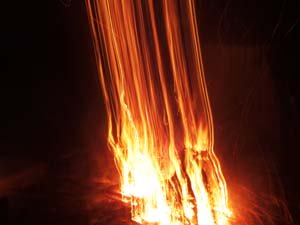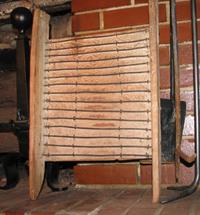Cremation Points To Consider
Cremation is the process of using intense heat to transform the body to basic elements. The soft tissue is vaporized. What remain is a not ash, but bone fragments.
Simply put, cremation is just another form of preparing the body for final disposition. Cremation procedures include filling out the death certificate and all other official documents.
Before cremation
- Schedule ceremonies, final resting place(s), rites of passage, or viewings.
- Complete and sign authorization forms and permits.
- Remove personal possessions or valuable materials, i.e., jewelry or dental gold, if desired.
- Acquire an urn, to place cremated remains.
There may be a waiting period of up to 48 hours from the time of death before the human remains may be cremated.
Funeral director or Crematory
should be made aware if the dearly departed had:- Pacemaker, Prosthesis, or any other mechanical
- Radioactive devices or implants, as they may have to be removed prior to cremation.
- If the deceased was recently treated with any radioactive medication.
- Witnesses desiring to witness the casket/container being placed in the cremation service.
After Cremation
- Remains are returned to you or the funeral home.
- Decide on a final resting place for the remains.
Options may include:
•Placement of the urn and remains in an indoor or outdoor mausoleum or columbarium
•Interment of the urn containing the cremated remains in a family burial plot or in a special urn garden that many cemeteries provide for cremated remains.
•Scattering of the cremated remains in a cemetery garden especially created and dedicated for this purpose.
•Scattering the remains at sea or on land in accordance with state/provincial or local laws.
•The urn may be taken to the home of a loved one, but plans should be made for an eventual permanent resting place.
If scattering is done, you may wish to choose a site for a permanent memorial, such as placing the name of the deceased in a Book of Remembrance or on a plaque for a special location, or planting a tree in remembrance. Any of these will provide a place of pilgrimage for those who want to remember and celebrate the life of the loved one.
Funeral homes often engage the services of a local crematory. Crematories provide the actual cremation with reverence and dignity. Crematories are regulated and inspected by state and federal agencies.















